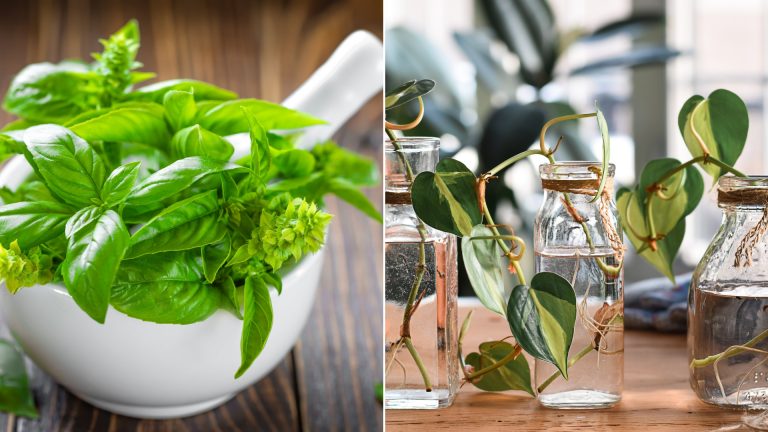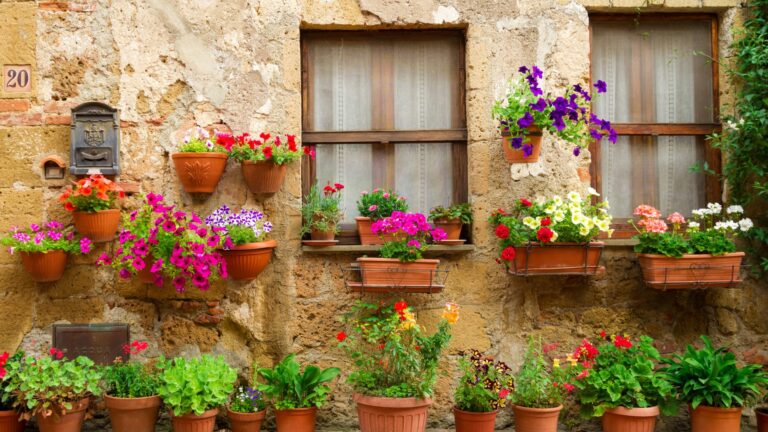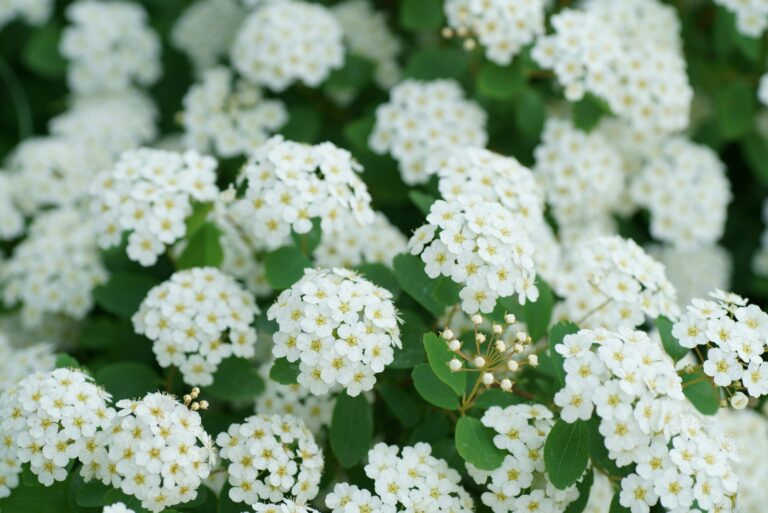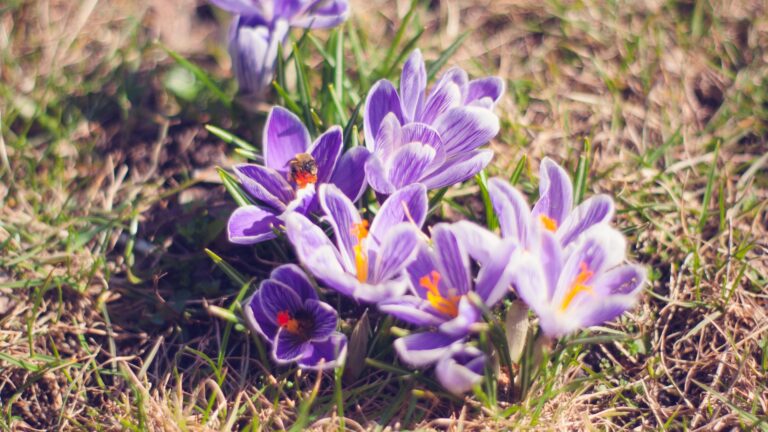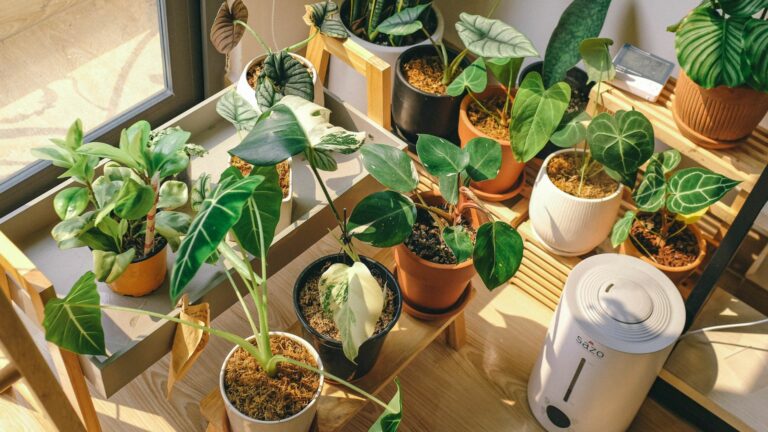Why December Is The Ideal Time To Prepare Flower Beds In Maryland
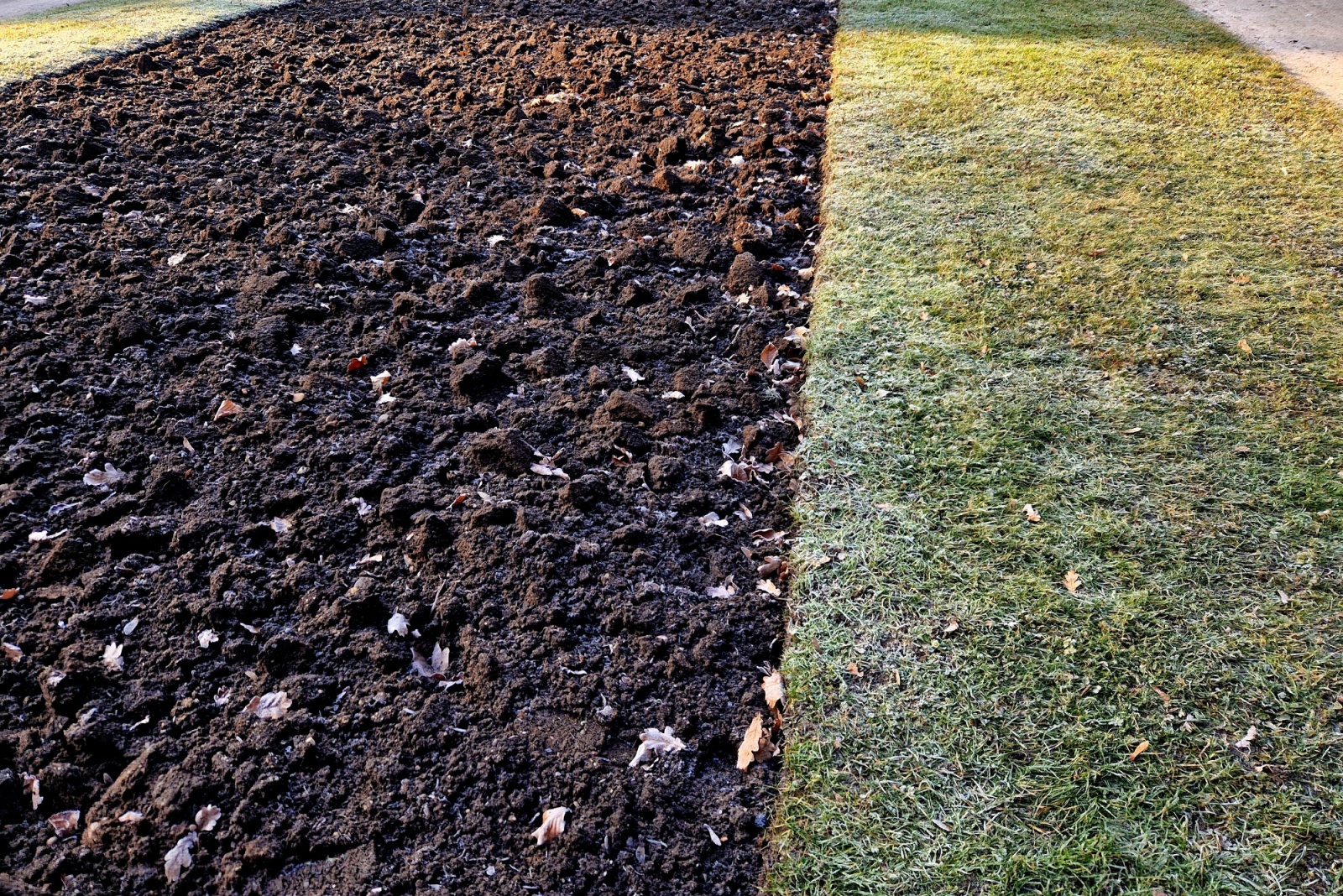
December might seem like an odd time to think about gardening, but Maryland winters offer a special opportunity for smart gardeners.
While most people are inside sipping hot cocoa, you can actually get ahead on your spring flower beds. Preparing your garden now means healthier plants and more beautiful blooms when warm weather returns.
1. Soil Stays Workable In Maryland’s Mild Winters
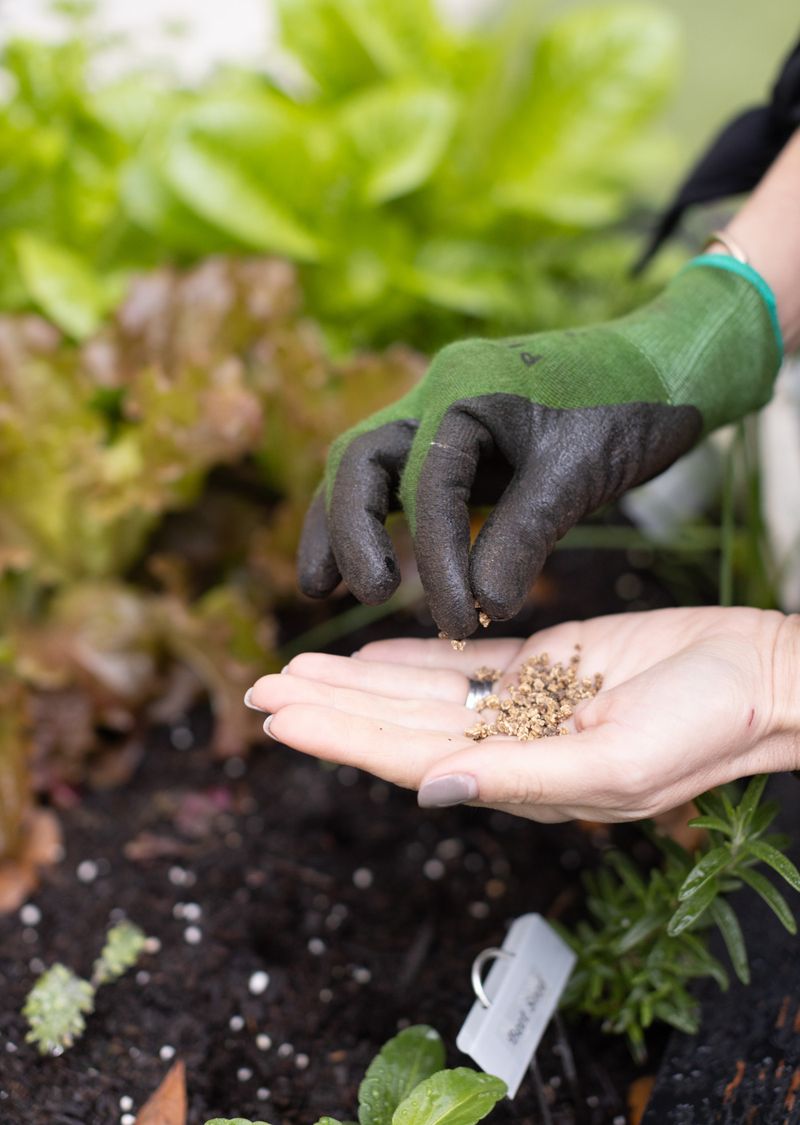
Maryland winters rarely freeze the ground solid for long periods. Unlike northern states where soil becomes rock-hard, our moderate climate keeps earth soft enough to dig and amend throughout December.
You can easily add compost, peat moss, or other organic materials without breaking your back or your tools. Working the soil now gives amendments months to break down naturally before spring planting season arrives.
The cooler temperatures also mean you won’t be sweating through your shirt while doing heavy garden work.
2. Winter Mulching Protects Beds From Temperature Swings
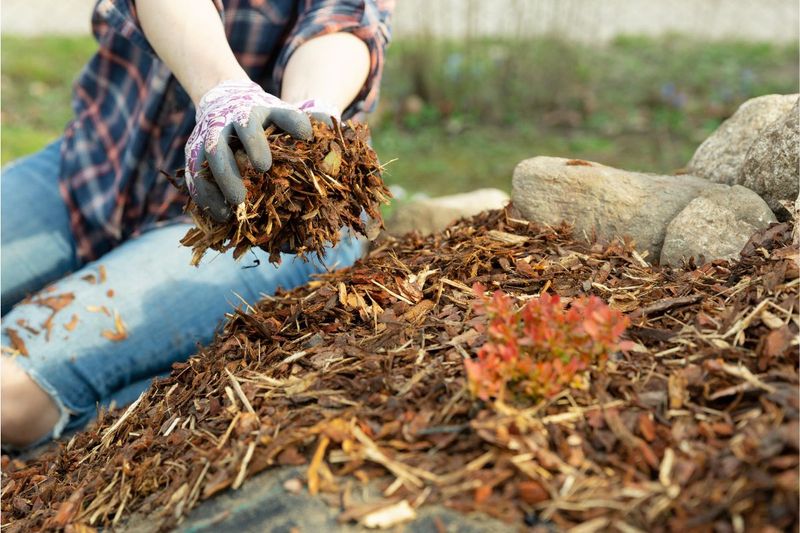
Temperature swings are common in Maryland during winter months. One day it’s 50 degrees, the next it drops to 20, which can damage plant roots and soil structure.
Adding a thick layer of mulch in December acts like a cozy blanket for your flower beds. It keeps soil temperatures more consistent and prevents the freeze-thaw cycles that push bulbs out of the ground.
Shredded leaves, pine needles, or wood chips all work wonderfully as protective winter mulch.
3. Dormant Season Means Fewer Weeds to Battle
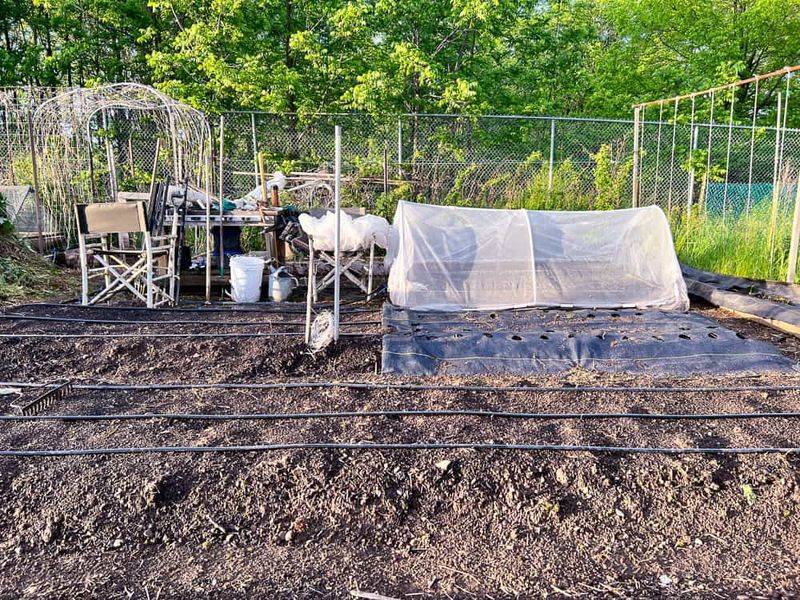
Weeds take a break during cold months, making December perfect for bed preparation. Without aggressive growth competing for your attention, you can focus on soil improvement and layout planning.
Removing remaining weed roots now prevents them from exploding back to life come spring. You’ll spend less time fighting dandelions and crabgrass when planting season arrives.
Many gardeners find this the most peaceful time to work outdoors without constant weeding interruptions.
4. December Planting Works Great For Spring Bulbs

Spring-blooming bulbs actually need cold weather to develop properly. Tulips, daffodils, and crocuses require several weeks of chilling before they’ll produce flowers.
Planting these beauties in December gives them exactly what they need. The cold soil triggers biological processes that lead to spectacular spring displays.
As long as the ground isn’t frozen solid, you can tuck bulbs into prepared beds throughout the month. Come March and April, you’ll enjoy the colorful rewards of your winter efforts.
5. Organic Matter Breaks Down Slowly Over Winter

Adding compost, aged manure, or leaf mold in December gives these materials plenty of time to decompose. Cold temperatures slow the breakdown process, creating a gentle, steady release of nutrients.
By spring, your soil will be rich, crumbly, and loaded with the good stuff plants crave. The organic matter improves drainage in clay soils and helps sandy soils hold moisture better.
Winter preparation creates the perfect growing environment without rushing the natural enrichment process.
6. Early Planning Prevents Spring Planting Rush

Spring arrives quickly in Maryland, and suddenly everyone wants to plant at once. Nurseries get crowded, popular plants sell out, and garden centers run low on supplies.
Preparing beds in December means you’re ready when that first warm weekend hits. You can shop early for the best plant selection and avoid the frantic rush.
Your beds will be waiting, perfectly prepped and ready to receive new flowers the moment conditions are right for planting.
7. Cooler Weather Makes Physical Work More Comfortable
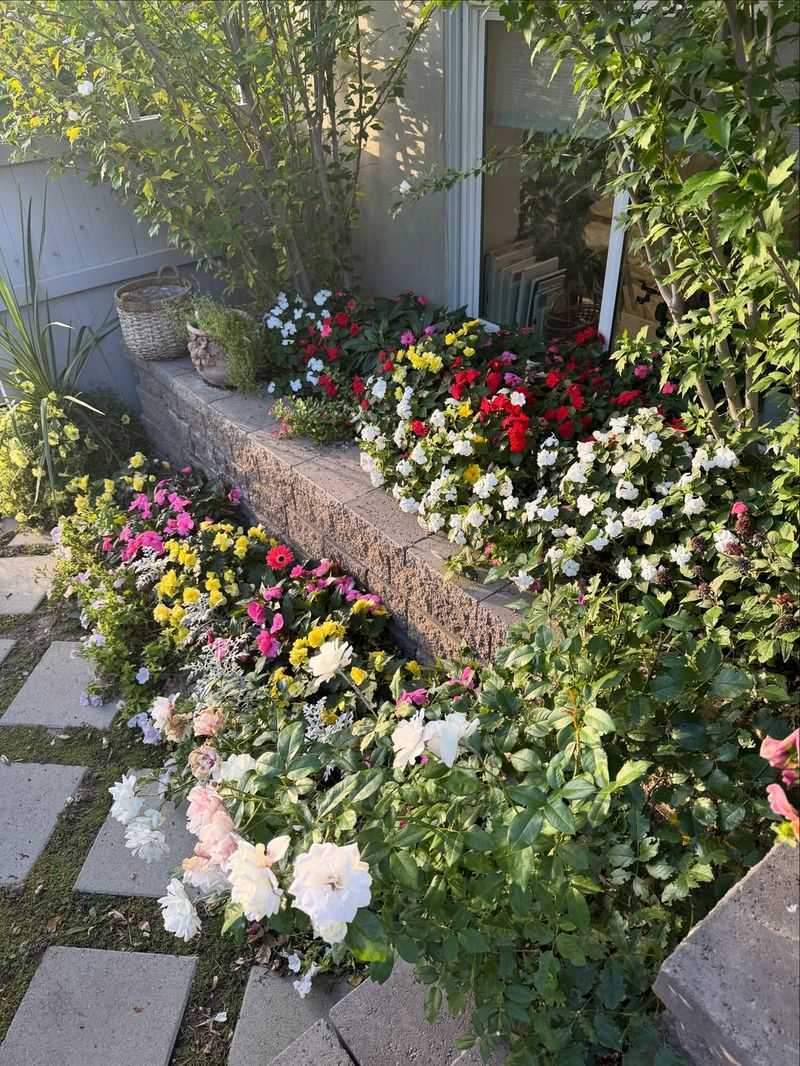
Digging, hauling compost, and spreading mulch are physically demanding tasks. Doing this work in summer heat leaves you exhausted and dehydrated.
December’s cooler temperatures make these same jobs much more pleasant. You can work longer without overheating, and you’ll actually enjoy being outside in the crisp, fresh air.
Many gardeners discover that winter preparation becomes their favorite gardening season because it’s comfortable and rewarding without the summer sweat.

